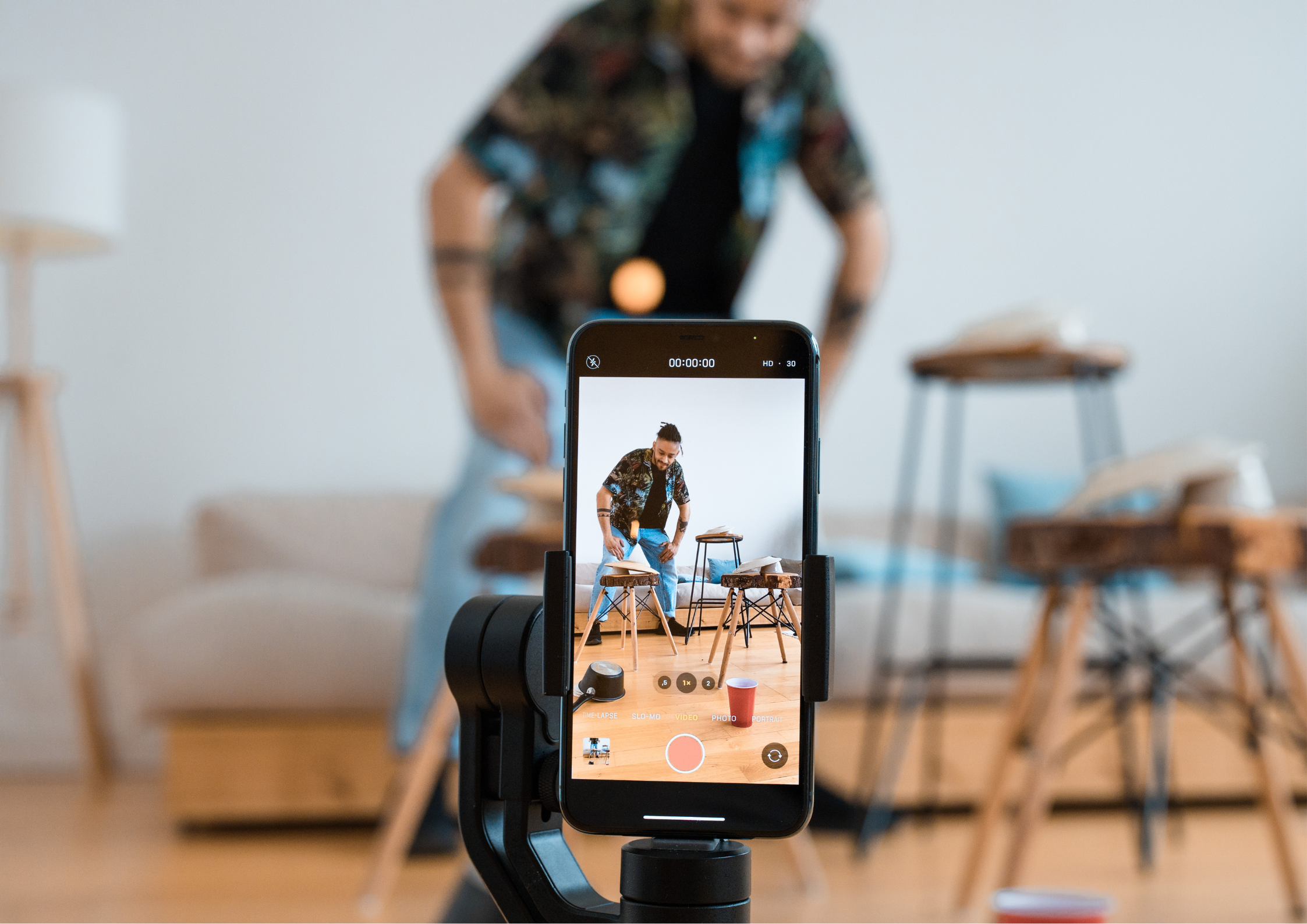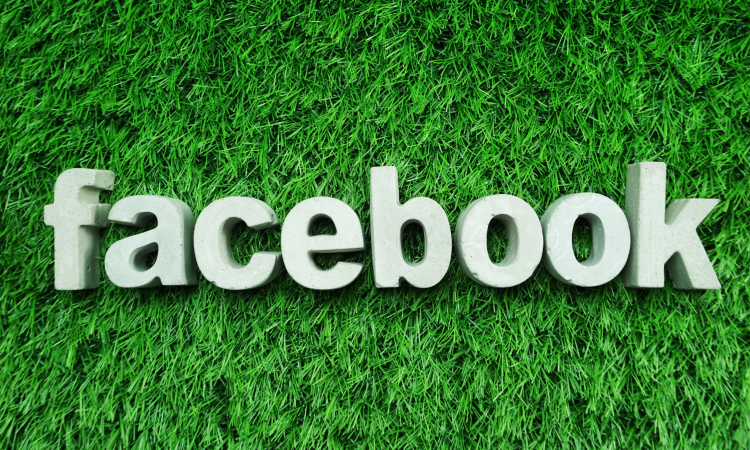If you open Facebook or Instagram, you’ll see that things aren’t the same as they used to be. Apps that were primarily focused on connecting you with friends and family are being revamped to feature more viral posts from influencers, celebrities, and random strangers.
There’s a reason why that sounds familiar. TikTok, the wildly popular upstart redefining social media, is challenging Facebook’s dominance.
Even with Instagram, owned by Meta, Facebook’s parent company, Facebook is still the world’s largest social network, with almost 3 billion users logging in monthly.
The company that has connected people for almost two decades with their college classmates, friends, family, and others with shared interests is now under pressure from TikTok’s success, and it’s trying to adapt to the new era of social media, where artificial intelligence-driven algorithms are increasingly shaping what users see.
Mark Zuckerberg, CEO of Meta, called it a “major shift” from a feed determined by who you follow to one curated by a “discovery engine.”
The company’s quarterly earnings are expected to reveal a squeeze in its finances
There are existential threats facing Facebook parent Meta. Late last year, its flagship social network lost daily users for the first time ever. The audience is ageing. Younger people are now flocking to TikTok instead of Instagram. There has been a slowdown in sales growth and a decline in profits.
For years, Zuckerberg has warned about the rise of TikTok. In a call with investors in February, he explicitly acknowledged the threat, saying “people have a lot of choices for how they want to spend their time, and apps like TikTok are growing very quickly.”

A few years ago, Facebook introduced short videos based on TikTok called Reels, which have been pushed heavily into users’ feeds ever since. In April, Zuckerberg said Reels accounted for a fifth of Instagram time. Many users have noticed that the reels they see are often reposted TikTok videos.
Facebook is now overhauling its app to look and work more like TikTok’s main For You page, which suggests videos based on an algorithm, no matter who made them.
Facebook says posts from friends and family are still going to be prominently featured in its apps.
The goal of Zuckerberg has been clear from the beginning. As he sees it, the next big platform is the Metaverse, where, he hopes, people will interact in virtual reality through his company’s existing apps.
Facebook and Instagram make money by getting more people to spend more time on their platforms.
There are some who doubt the success of this pivot.
Social media consultant and analyst Matt Navarra said TikTok has one fundamental advantage over Facebook. “TikTok is cool. And it’s very hard to recreate cool.”

